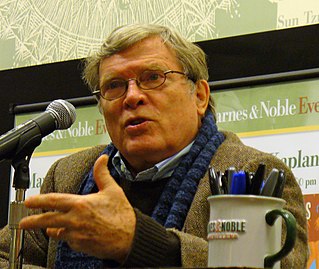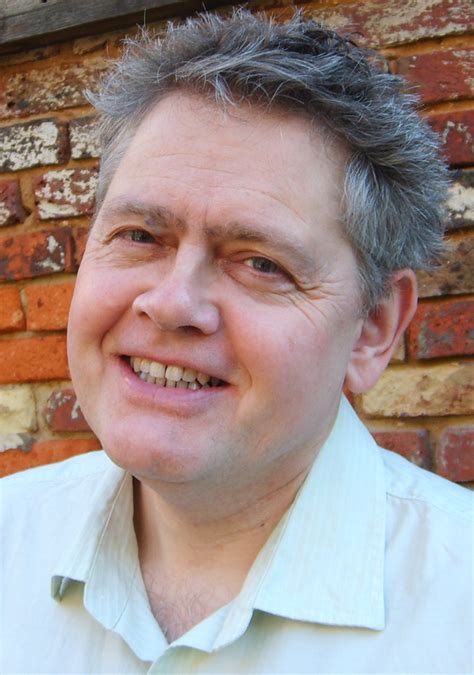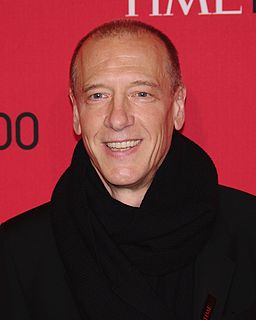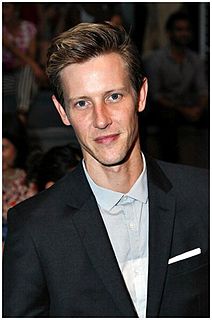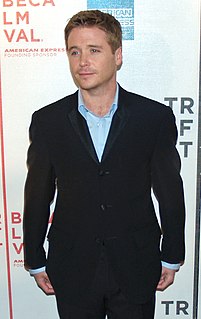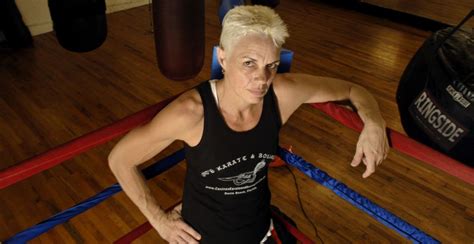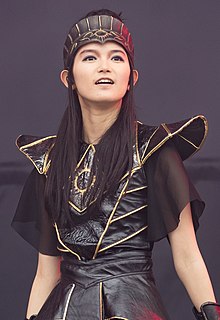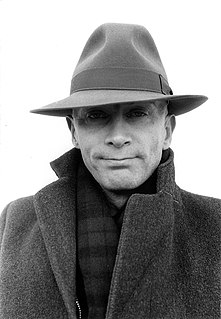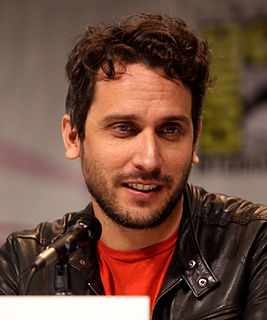A Quote by D. A. Pennebaker
When you're editing, you're putting it together in a way that makes sense metaphysically. You're not inventing it, but you're finding the story that's there. You're making a play that's eventually going to go on stage and present itself to an audience. You want to show what happened, not exactly what you have evidence of happening.
Related Quotes
We think that the world is limited and explained by its past. We tend to think that what happened in the past determines what is going to happen next, and we do not see that it is exactly the other way around! What is always the source of the world is the present; the past doesn't explain a thing. The past trails behind the present like the wake of a ship and eventually disappears.
I never look at twists as a way to trick the audience. Obviously, I think a good story has surprises and unexpected turns, and you always want to do that with an audience. But it has nothing to do with conning them or making them believe so strongly in one thing and then kind of going the other way.
I write first drafts feverishly fast, and then I spend years editing. It's not that sentence-by-sentence perfectionist technique some writers I admire use. I need to see the thing, in some form, and then work with it over and over and over until it makes sense to me - until its concerns approach me, until its themes come to my attention. At that editing stage, the story picks itself and it's just up to me to see it, to find it. If I've done a good job, what it all means will force me to confront it in further edits.
For me, every time I step on the stage it feels like a battle is about to start. It's not like we're going on stage to fight against our audience obviously, because for me, when I go on stage, I'm always trying to reach a new level of how am I going to make today a great night for everyone that's present.
Making art now means working in the face of uncertainty; it means living with doubt and contradiction, doing something no one much cares whether you do, and for which there may be neither an audience nor reward. Making the work you want to make means setting aside these doubts so that you may see clearly what you have done, and thereby see where to go next. Making the work you want to make means finding nourishment within the work itself.
